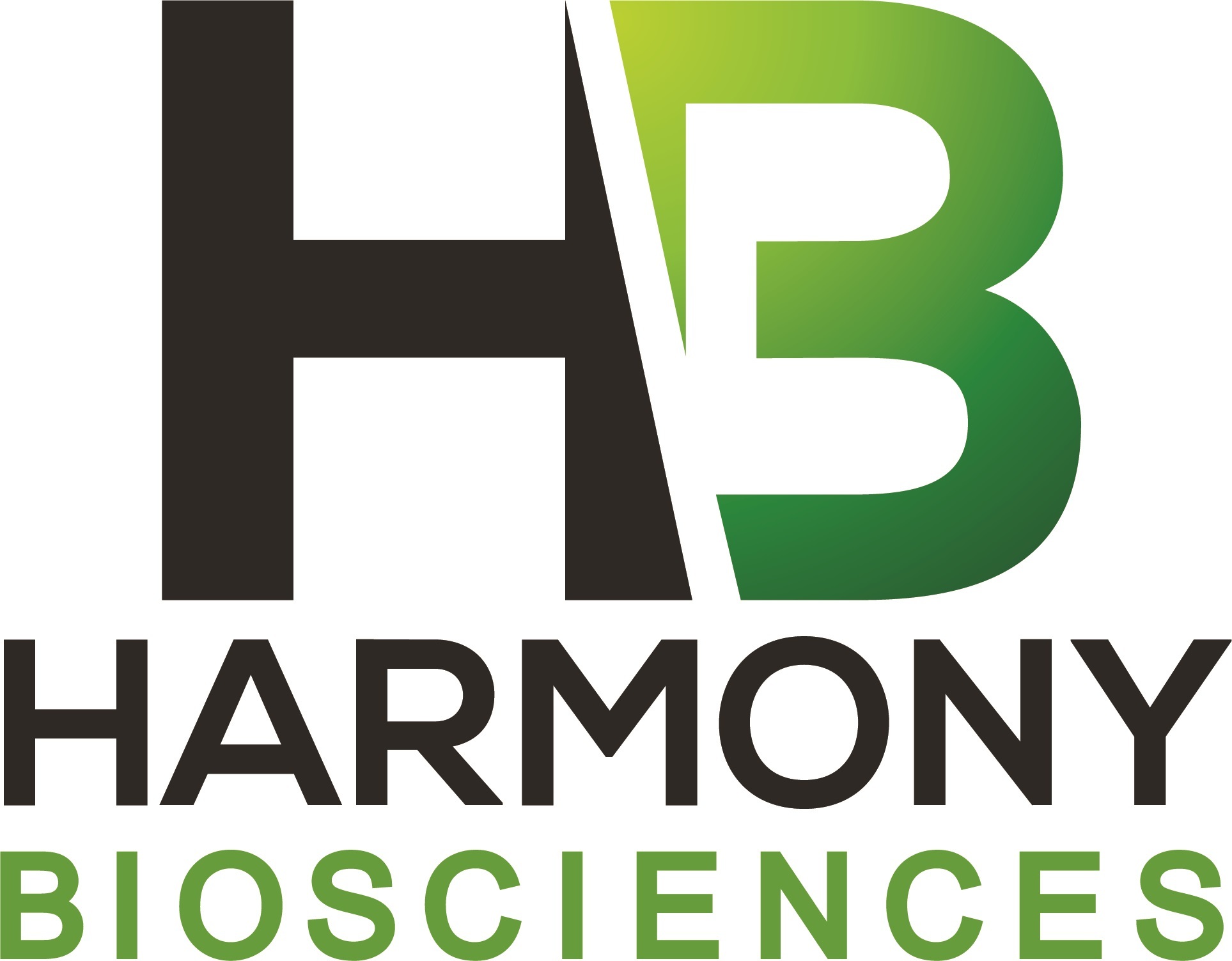, /PRNewswire/ -- Harmony Biosciences (Nasdaq: ) presented data from its Phase 2 signal detection study showing that pitolisant reduced excessive daytime sleepiness (EDS) and fatigue in adults with Myotonic dystrophy Type 1 (DM1). "More than 80 percent of DM1 patients experience EDS and fatigue, which patient-reported outcomes research has shown to be nearly as debilitating as the primary symptoms of DM1, namely myotonia and muscle weakness," said , M.D.
, M.S., Chief Medical and Scientific Officer of Harmony Biosciences.

"The findings from our signal detection study evaluating pitolisant, which is believed to promote wakefulness through histamine, present an exciting opportunity to develop new treatments for EDS and fatigue in DM1, narcolepsy, and the other sleep/wake disorders we are investigating through our lifecycle management programs that will involve Next-Generation formulations of pitolisant." Notably, there was greater mean improvement from baseline to Week 11 in both EDS (as measured by the Daytime Sleepiness Scale) and fatigue (as measured by the Fatigue Severity Scale) compared to placebo. The overall disease burden also signaled greater improvement for pitolisant compared to placebo, with the higher dose pitolisant group showing a stronger efficacy signal.
This study was designed for signal detection and was not powered to demonstrate statistical significance. Estimates suggest there are 40,000 people currently diagnosed with DM1 in the U.S.
with up to 90% of the.























